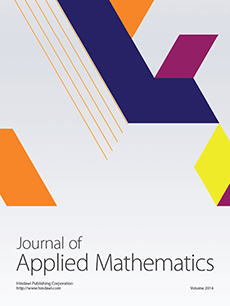Abstract
In project management context, time management is one of the most important factors affecting project success. This paper proposes a new method to solve research project scheduling problems (RPSP) containing Fuzzy Graphical Evaluation and Review Technique (FGERT) networks. Through the deliverables of this method, a proper estimation of project completion time (PCT) and success probability can be achieved. So algorithms were developed to cover all features of the problem based on three main parameters “duration, occurrence probability, and success probability.” These developed algorithms were known as PR-FGERT (Parallel and Reversible-Fuzzy GERT networks). The main provided framework includes simplifying the network of project and taking regular steps to determine PCT and success probability. Simplifications include (1) equivalent making of parallel and series branches in fuzzy network considering the concepts of probabilistic nodes, (2) equivalent making of delay or reversible-to-itself branches and impact of changing the parameters of time and probability based on removing related branches, (3) equivalent making of simple and complex loops, and (4) an algorithm that was provided to resolve no-loop fuzzy network, after equivalent making. Finally, the performance of models was compared with existing methods. The results showed proper and real performance of models in comparison with existing methods.
Citation
Gholamreza Norouzi. Mehdi Heydari. Siamak Noori. Morteza Bagherpour. "Developing a Mathematical Model for Scheduling and Determining Success Probability of Research Projects Considering Complex-Fuzzy Networks." J. Appl. Math. 2015 1 - 15, 2015. https://doi.org/10.1155/2015/809216





